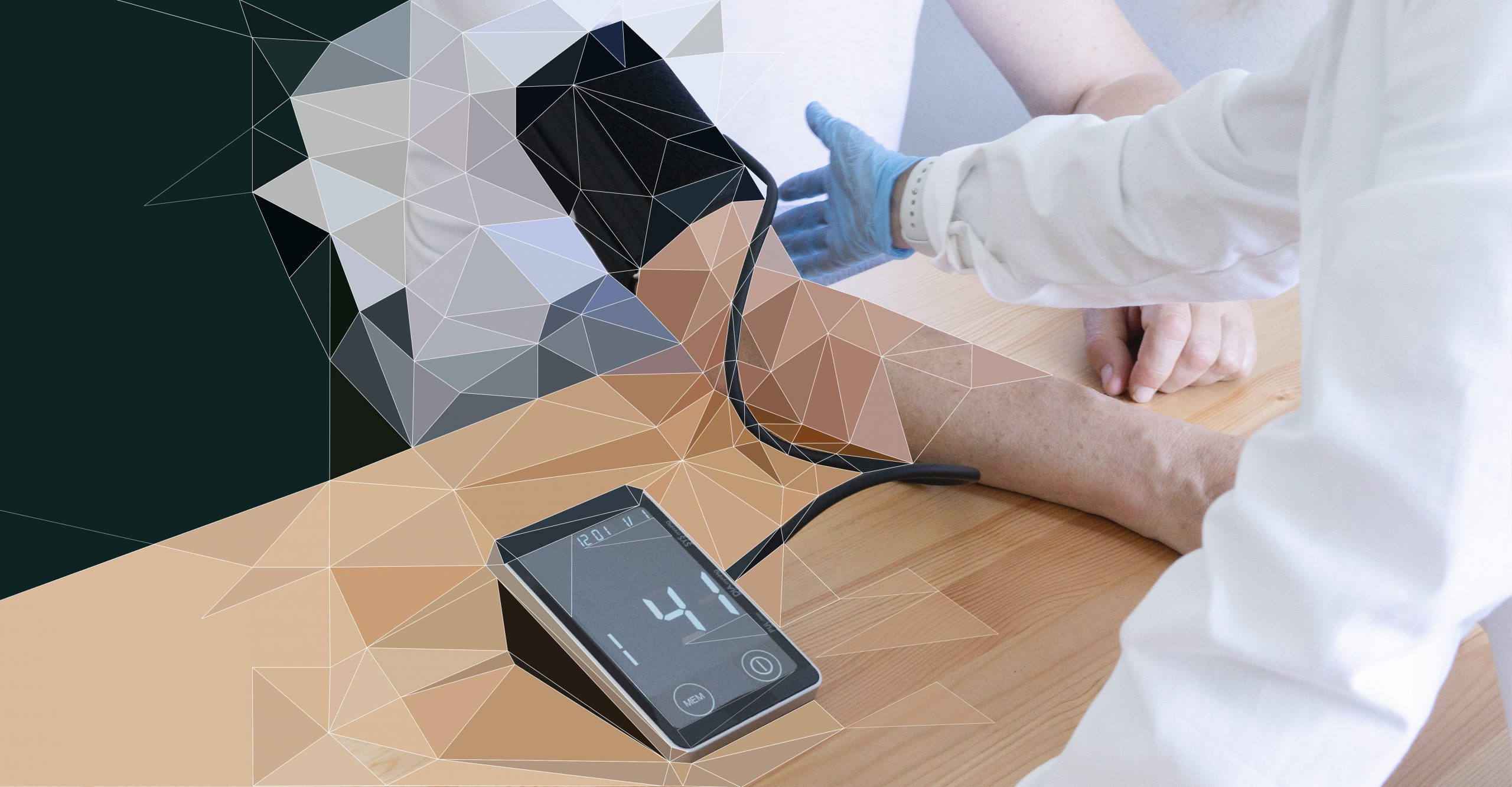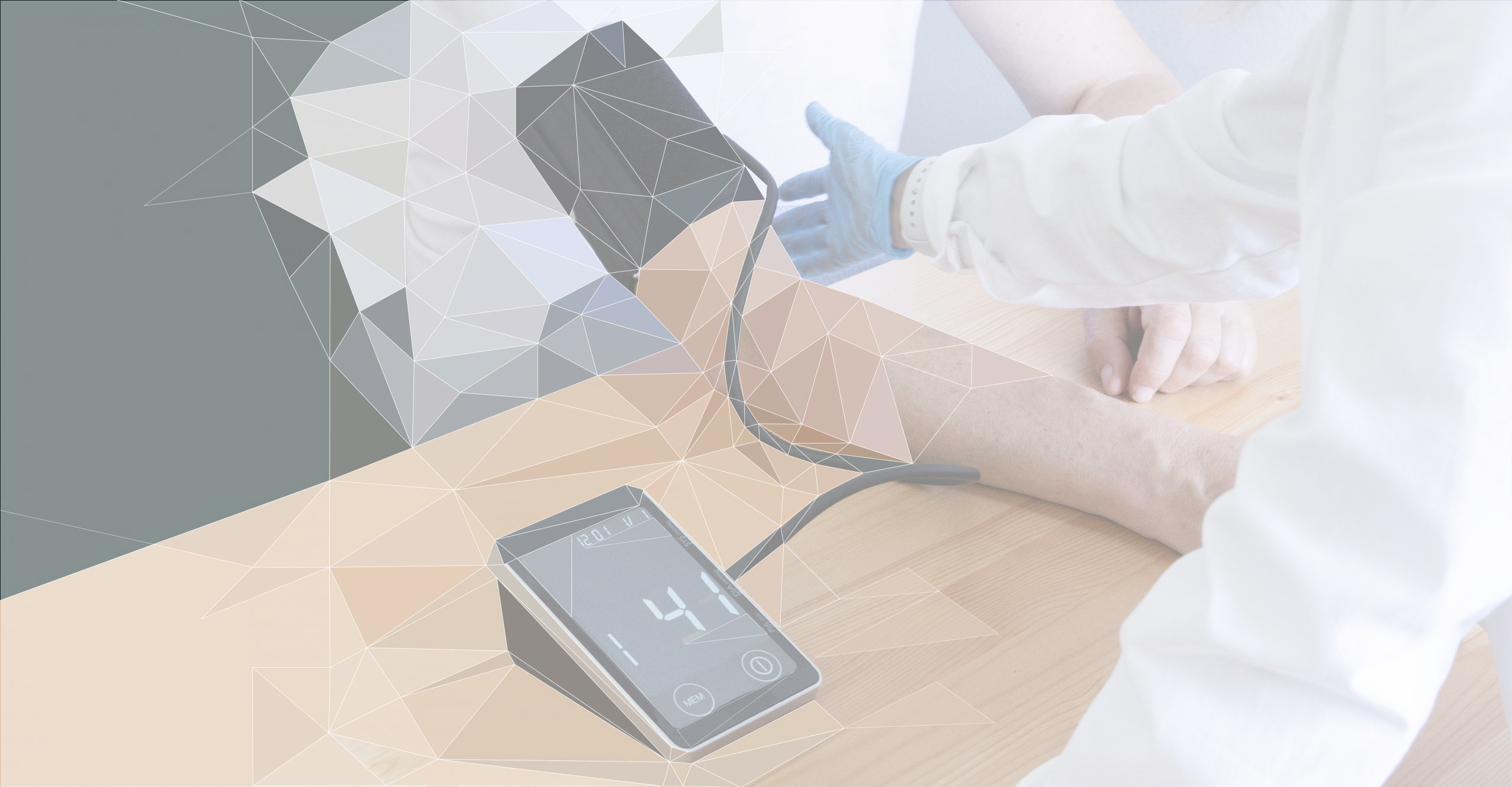
FAQs

FAQs
Why should I agree?
Consent to participate in a project in which personal data are processed, the so-called informed consent, is a principle of research ethics and legally required according to Art 9 GDPR. It is the basis on which ZS Data Nexus operates.
It ensures that you voluntarily agree to participate before research begins. The patient information provides you with details about the Data Nexus project and what your participation may mean for you. If you do not agree with the nature and duration of your participation, you should not agree.
If I agree to my data being shared, can I see how/where it is being used?
You may be informed about new findings that become known. However, the data is transmitted in aggregated form, so that it is impossible to draw conclusions about individual patients.
An app that will provide you with information on how and where your data is used is in preparation.
Are there any risks with participating?
One risk could be the incorrect collection/aggregation of your health data, which could lead to misinformation for scientific research. However, this risk will not affect you or your medical treatment. Data Nexus mitigates this risk through robust data quality checks.
There is a residual risk of traceability to you whenever a research project involving patient data and data from the analysis of your biomaterials collects, stores and transmits data that is combined with other data, e.g. from the internet or social networks. This is particularly the case if you yourself publish genetic or other health data on the internet, e.g. for genealogical research.
In the case of genetic patient data, the risk of traceability increases (the use of this data in the context of Data Nexus is optional).
Will I be compensated to take part in the study?
No, you will not receive any compensation.
How long is my consent valid?
5 years from the date of your consent, if you do not revoke it earlier.
What is patient data?
Patient data is all information about you that is used during your examination and treatment. Examples of patient data are: Data from doctor’s letters, your medical history or findings and data from medical examinations such as blood pressure measurements or data from imaging diagnostics (e.g. X-rays, CTs, MRIs), the results of laboratory tests, including examinations of your genetic material (e.g. for congenital genetic diseases or acquired genetic changes, including tumors). In addition, it also means data generated by various new technologies (genomics, transcriptomics, proteomics, metabolomics, secretomics…) that give us a new understanding of the pathophysiology of diseases. In the future, this will also include data that you generate yourself, e.g. through health apps, or that are collected by wearable devices to measure your well-being or heart rate, for example. Translated with www.DeepL.com/Translator (free version)
What are biomaterials?
Tissue samples and/or blood, urine, stool, semen, or saliva taken from you as part of your consent to donate biomaterials for medical research purposes.
How long will my data be stored?
Your patient data will be stored and used for analysis for 30 years from the date of your consent, unless you have revoked it beforehand. The technological solution we have developed ensures that the duration of data storage and the associated deletion periods are adhered to.
How is my data protected?
All data that directly identifies you (name, date of birth, place of birth, maiden name, etc.) is replaced at your hospital site by a random but unique combination of characters (pseudonymization). This internal identifier (pseudonym), as well as your associated patient data and biomaterial data, can then no longer be directly assigned to your person.
The linking of this pseudonym with the data directly identifying you is managed by an independent internal body or, especially in the case of a cross-institutional merging of data, by the certified Data Nexus trustee body (data trustee function). Without the involvement of this body, patient data made available for medical research cannot be traced back to you personally, or only with disproportionately high technical effort. Each time your data and biomaterials are passed on to researchers outside your treating institution, the internal identifier is also replaced by a new combination of characters.
The data is stored and hosted in Germany on the Data Nexus platform. The Data Nexus platform provides a secure environment that ensures data cannot be extracted or downloaded from the platform. Data Nexus also protects our patients’ medical data through review by institutional ethics committees and their data protection officers.
I no longer want to participate; how do I withdraw my consent?
You can revoke your consent in whole or in part at any time and without giving reasons! Participation in Data Nexus is completely voluntary.
If you no longer wish to participate, please contact your physician. Once we receive your opt-out from the study, no more data will be collected and all previous data will be destroyed. All unpublished data will be deleted if permitted by law.
A revocation always refers only to the future use of your patient data and biomaterials – data from analyses already performed cannot be subsequently removed.
In case of a revocation or a request for data deletion, your Patient Data provided by you for research and stored on the basis of the consent will be deleted, provided this is legally permissible.
You can also revoke individual parts of the declaration of consent, for example, if you would like to continue to make the patient data available for research but are not interested in further contact for the purpose of follow-up surveys or study participation.
Will I be contacted via email or phone?
Subject to your consent, you may be contacted to be informed of research findings that are material to your continued participation or to obtain additional information, for example, to inform you of new research or to obtain your consent to link your patient:inn data with medical information from other databases. Otherwise, you will not be contacted. Your contact information will not be shared with third parties, such as insurance companies or your employer.
